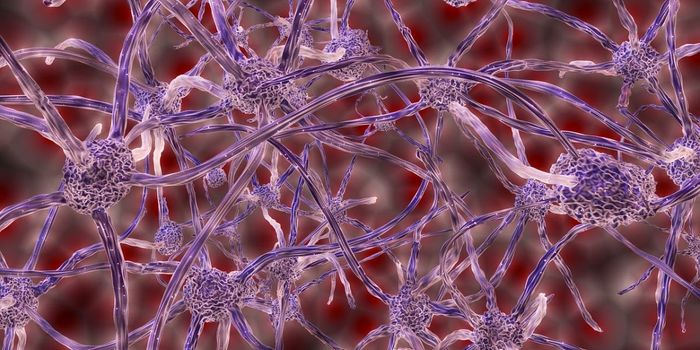Common Drug May Prevent Thousands Deaths from Head Injury
Each year, there are over 60 million new cases of traumatic brain injury (TBI). Mostly caused by road traffic crashes and falls, TBI often causes intracranial bleeding which increases the risk of death and disability. Now however, researchers have found that tranexamic acid may be used to treat TBI, and in turn reduce mortality rates.
Already used to control heavy bleeding in people who have experienced trauma elsewhere on the body, tranexamic acid works by slowing down the breakdown of blood clots. Although some patients may have already seen success in head wounds being treated with the drug, until now, no tests had confirmed its efficacy on head wounds (Davis: 2019).
Thus, to investigate this, doctors administered tranexamic acid to patients within 3 hours of receiving a head injury in a randomized, placebo-controlled trial between 2012 and 2019. Of the patients who were treated in the tranexamic acid group, the risk of head injury-related death was 18.5%, whereas that for the placebo group was 19.8% (The Lancet: 2019).
When looking at the final results, the researchers found that the earlier patients were treated for mild to moderate head injury, the better the outcome tended to be. They also found however that for those with more severe head injuries, the treatment had no obvious effect.
According to researcher Dr Ben Bloom, a consultant in emergency medicine at Barts Health NHS Trust in the UK: “Treating traumatic brain injury is extremely challenging, with very few treatment options available for patients...Thanks to these latest results, which are applicable to patients with head injuries of any cause and of all demographics, clinicians now have a potentially powerful new treatment available to them (BBC Health: 2019).”
With the treatment amounting to just $50 per person in the US, Professor Haleema Shakur, one of the lead investigators of the study added, “The results are just amazing. It's the first trial to ever show that a [medical] treatment can reduce the risk of traumatic brain injury patients dying...This is the first time that we have seen a beneficial effect. It will have huge implications worldwide...It's a widely available drug, it's relatively cheap and it's really simple to give (ibid.)."
Sources
Davis, Nicola: The Guardian









